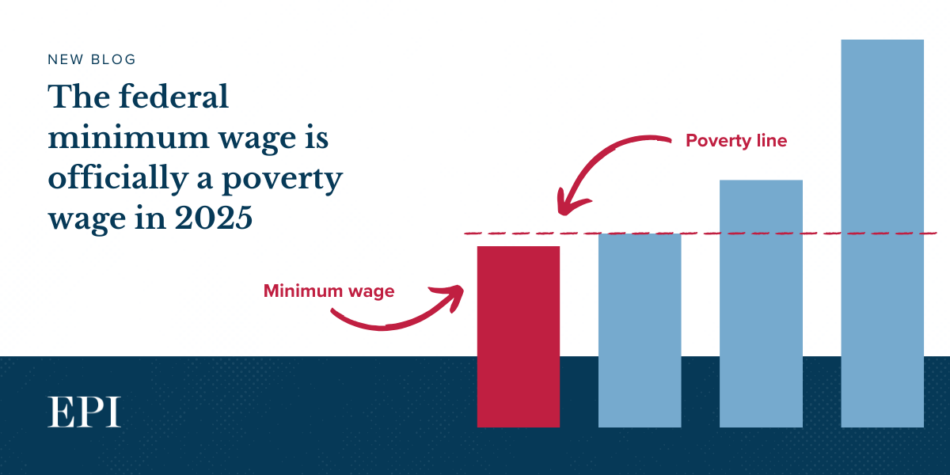Harvard Commits to Reforms After Reports Highlight Antisemitism and Anti-Arab Bias

In a significant move following the release of internal reports, Harvard University has pledged to undertake a comprehensive review of its academic offerings and admissions policies. This commitment is in direct response to findings of antisemitism and anti-Arab bias within the Ivy League institution, a situation that has been exacerbated by the pro-Palestinian protests that occurred last spring.
On Tuesday, Harvard published these reports while simultaneously engaging in a contentious legal battle with the Trump administration. The administration is demanding that Harvard take concrete steps to curb campus activism, asserting that such reforms are essential to eliminate antisemitism from the university environment. In light of these demands, the Trump administration has frozen a substantial $2.2 billion in federal funding to Harvard, prompting the university to file a lawsuit against the government. This clash has garnered attention across the higher education sector, as it raises critical questions about academic freedom and the influence of political agendas on universities.
Harvard President Alan Garber addressed the situation in a message to the campus community, acknowledging the university's progress over the past year while emphasizing the need for further actions. He stated, "We will redouble our efforts to ensure that the University is a place where ideas are welcomed, entertained, and contested in the spirit of seeking truth." This sentiment reflects a commitment to fostering an environment of open dialogue.
In an effort to confront the issues of bias, Garber had established two panels last year to investigate antisemitism and anti-Muslim sentiments on campus. The panels released their initial set of recommendations in June, and the final reports combined to span over 500 pages, suggesting a multitude of changes to address these pressing concerns.
As part of their commitment to reform, Harvard plans to implement several recommendations from the reports, which may include revisions to admissions practices, hiring protocols, and disciplinary procedures. U.S. Representative Tim Walberg, who chairs the Education and Workforce Committee, criticized Harvards previous handling of antisemitism, stating, "Harvard's president said the school will not abide bigotry, yet that's exactly what the school's feckless leadership did."
In their outlined "actions and commitments," Harvard announced plans to review its admissions process to ensure applicants are assessed based on their capacity to engage thoughtfully with diverse perspectives, demonstrate empathy, and participate in civil discourse. In alignment with this initiative, Harvard has introduced a new application question that prompts students to reflect on a time they disagreed strongly with someone. The antisemitism task force highlighted the importance of such inquiries, advocating for the rejection of applicants with a documented history of bias and expressing concern over any display of hostility or dismissiveness.
However, the proposed changes do not fully meet the Trump administration's rigorous demands, which called for an end to all preferences based on race, color, national origin, or similar factors, advocating for merit-based admissions by August. While the Supreme Court has ruled against the use of race in college admissions, many academic institutions still consider various factors, including socioeconomic background and geographic diversity, to ensure a well-rounded student body.
In response to critiques that Harvard's academic environment has become overly politicized and perceived as anti-Israel, the university has committed to holding its faculty to new standards of academic excellence. Deans will be responsible for ensuring that professors promote intellectual openness and avoid endorsing political views that could lead students to feel pressured to align with specific ideologies.
Additionally, Harvard plans to review its course offerings and curriculum to align with these standards. Other notable changes include mandatory antisemitism training for both students and staff, as well as expanded academic programs in Hebrew, Judaic, Arab, and Islamic studies. Harvard also intends to allocate funds toward a research initiative focused on antisemitism, along with a historical examination of Muslims, Arabs, and Palestinians within the context of the university.
In his communication, Garber emphasized that Harvard will accelerate its efforts to enhance viewpoint diversity across the campus, although he did not provide specific details on how this will be implemented. The importance of viewpoint diversity has been underscored by the White House, which has called for Harvard to engage an external auditor to ensure that the student body and academic departments reflect a variety of perspectives.
Harvard's stance represents a pivotal moment, as it is the first university to openly challenge the Trump administration amid ongoing efforts to leverage federal funding to influence university policies. The administration has argued that institutions have not done enough to mitigate antisemitism, particularly in light of the protests that occurred on campuses last year. However, Garber has asserted that Harvard will not capitulate to these demands, framing them as a threat to academic freedom and the autonomy that all universities should maintain.
























